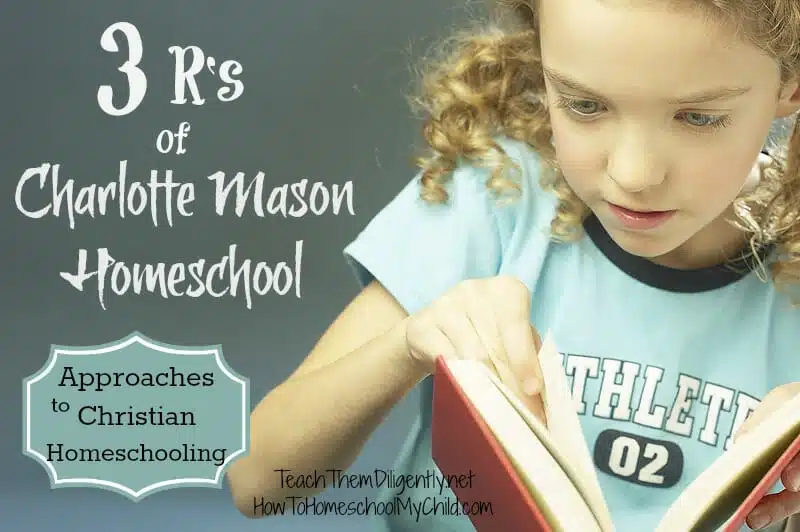
In this post, I’d like to give a quick overview of the Charlotte Mason approach to homeschooling. This is simply an overview of what she believed and how you can use it in your homeschool, not an in-depth discussion on Charlotte Mason. If you find this helpful, there are some resources at the end for further study of Charlotte Mason.
Our homeschools should relate to real life as often as possible. Mason says schools should not be like a factory, with artificial rewards when you meet goals. Allow your children to enjoy everyday, real-life experiences.
Take them on nature walks, let them observe and collect wildlife.
Take them to museums, art museums.
Take them to some operas. In our town, all the 4th graders get invited to a free symphony.
A few ways you might include real life learning situations in homeschool:
Take advantage of these opportunities and expose your kids to good music, to good art, to what is beautiful. Classical and Charlotte Mason dovetail so nicely because Mason encourages educators to expose students to truth, goodness, and beauty. When you use excellent resources, you see beautiful art & beautiful music, as well as what is best on nature walks and museum visits.
Charlotte Mason believes children should read great books, not distilled information found in textbooks. Textbooks strip away the meat of living books, leaving dust-dry bones of facts.
Who wants to read that? I certainly don’t.
Our family chose books with living ideas to read aloud as a family. Books like Johnny Tremain, Swiss Family RobinsonandThe Hobbit. I tried to vary the types of literature we read because we have a variety of interests in our family.
When children are young, have them narrate the story back to you. As they get older, they can write down their narration. When my kids were teens, we kept a journal about the books we were reading.
Our kids are made in the image of God. They have worth as a child of God. We should treat them with respect. Parent’s authority does not give them license to abuse children or play on their emotions. Neither should parents limit their child’s education or use fear to make a child learn.
In your homeschool, I encourage you to create good habits & routines in your kids. Those habits lay the foundation of learning in the future. Routines often show respect for your kids. Everyone knows what to expect when there is a routine in your family.
In summary, Charlotte Mason encourages parents to respect their children as they educate them. Treat them as people who are worthy of true education. As you plan that education, use real life experiences & real books that provide living ideas to discuss. More on that next time.
My favorite overview of Charlotte Mason’s approach to education is For the Children’s Sake, by Susan Schaeffer Macaulay. Macaulay includes a Christian perspective of using Charlotte Mason’s educational philosophy.
 Kerry Beck homeschooled all three of her children for 10 years. She is now an empty-nester that encourages homeschool moms online and at live workshops. She wants to give you a free ebook: Everything You Wanted to Know About Homeschooling that you can grab by clicking here.
Kerry Beck homeschooled all three of her children for 10 years. She is now an empty-nester that encourages homeschool moms online and at live workshops. She wants to give you a free ebook: Everything You Wanted to Know About Homeschooling that you can grab by clicking here.
You can find out more about getting started homeschooling here.
Address
About TTD
Sign up for Updates
Events
Speakers
Exhibitors
Event Details
Homeschool Tools
Curriculums
Age Groups
Topics